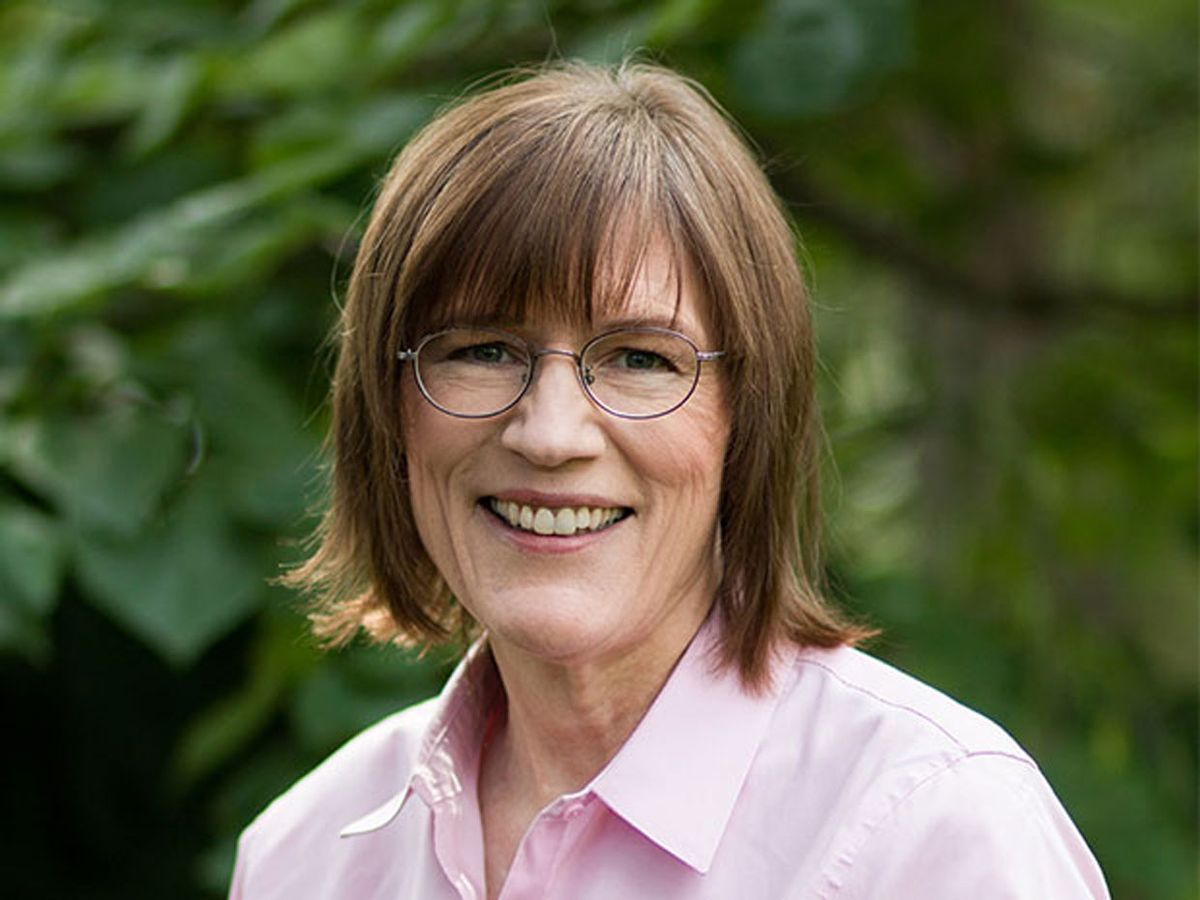THE INSTITUTEA new series by IEEE Technical Activities that asks technical experts 10 questions about their life and emerging technology.
IEEE Fellow Barbara Oakley is a professor of engineering at Oakland University, in Rochester, Mich., who helped develop “Learning How to Learn,” one of the world’s most-popular MOOCs. The course provides techniques to help students master complex subjects. More than 2 million people have registered.
Oakley is also the author of “A Mind for Numbers: How to Excel at Math and Science (Even If You Flunked Algebra),” a New York Times best-selling book that has been translated into more than a dozen languages. Her upcoming book “Learning How to Learn: How to Succeed in School Without Spending All Your Time Studying; A Guide for Kids and Teens,” which also grows from her MOOC course, offers students, parents, and teachers neuroscientific tools to help improve their learning.
Before becoming a teacher, Oakley rose from the rank of private to captain in the U.S. Army and was recognized as a distinguished military scholar. She worked as a communications expert at the South Pole Station in Antarctica, and has served as a Russian translator onboard Soviet trawlers on the Bering Sea. She is an elected Fellow of the American Institute for Medical and Biological Engineering and is a global digital learning scholar at McMaster University, in Hamilton, Ont., Canada.
What are you currently reading?
I’m in the middle of Adam Gazzaley and Larry D. Rosen’s “The Distracted Mind: Ancient Brains in a High-Tech World,” which gives a lot of insights into the attentional mechanisms that also are at the heart of creating riveting online materials. And I’m just finishing “China’s Crony Capitalism: The Dynamics of Regime Decay,” which is a mind-blowing examination of how corrupt collusion can more easily unfold in certain societal structures.
What invention has inspired you the most?
Bridges are a bet on the future—they’re so optimistic! After a bridge has been up for a few years, we tend to forget how important its construction actually was. Bridges are so cocky and valiant. They never cease to amaze me.
What are the books, movies, or plays that you have enjoyed the most in recent years?
I’m a fan of Peter Turchin’s “War and Peace and War,” about the rise and fall of empires through history. Elizabeth Gilbert’s “Big Magic: Creative Living Beyond Fear” was also thought-provoking, in a very different way.
On other cultural fronts, my worst professor in college was an intellectual elitist who once made a point of how he never watched television. Ever since then, I’ve made a point of watching television. “The Marvelous Mrs. Maisel” is fantastically funny and engrossing, with a stunning reproduction of the 1950s. (Pond5 has an excellent discussion of how some of the filming was done.) I can’t help but love “Silicon Valley” and “Better Call Saul.”
What about current technology worries you?
The powerful monopoly of a few big data companies that can easily suppress voices they don’t like.
What in recent years has surprised you the most?
The movement against free speech in academic settings—the very settings that should be at the heart of promoting sometimes unsettling new ideas. Science itself suffers when people begin to believe their feelings should trump facts.
What was the best advice anyone has given you?
My husband’s continuing wise counsel not to be so anxious. Unfortunately, his advice tends to go in one ear and out the other.
What has been or is your favorite equation or concept in engineering, and why?
Bernoulli’s equation. The balancing of energy densities is somehow soul-satisfying.
What has been an important life lesson for you that you might be able to share with us?
Don’t jump to conclusions about the perspectives and motives of others. Seek out perspectives that may make you feel uncomfortable—that’s the best way to improve what you are working on and place your own perspectives on more thoughtful ground.
What should IEEE be (more) involved in?
Online learning, of course!
Your books have crisscrossed all sorts of disciplines and touch on practical issues. What's your writing philosophy, and what inspires and informs it?
Writing books is the best way I’ve found to wrap my mind around an issue I’m curious about, or to help others become aware of ideas that may be helpful. Writing is a little like a compulsion for me. I may not like the process, especially when a project is first beginning or I’m working on the first rough draft, but I just have to do it. When the rewriting turns out well, the feeling is heavenly.
